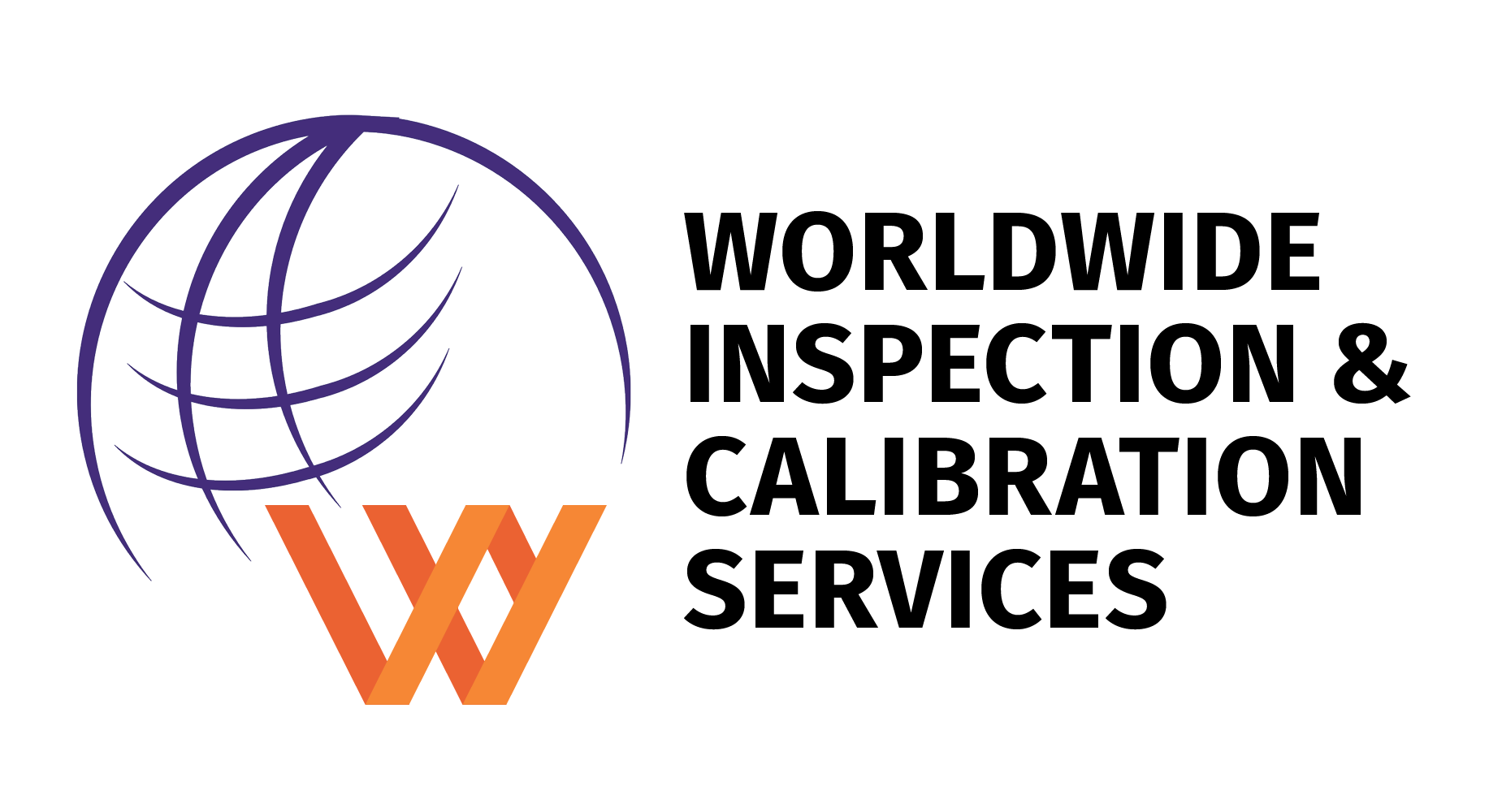What is Third Party Inspection Company
A third party inspection company is a business association agreeing to the ISO 17020 standard. Third-party inspection or “Category A” is the most stringent of the 3 classifications of Inspection Company that the standard indicates. Such associations are third party inspection agencies that must not be engaged with any exercises other than inspection and testing. In view of this necessity the third party inspection office must not be associated with design, acquirement, manufacture, development and installation. All organizations and gatherings, for example, purchasers, merchants, engineering companies, plant proprietors must approach these offices and utilize their administrations. The secrecy, autonomy, fair-mindedness and respectability are critical conditions for being a Third Party Inspection Company.
Mechanical Third Party Inspection alludes to free inspection benefits that are given by inspection offices. The ISO 1720; – Requirements for the task of different sorts of bodies performing inspection-determines normal for these sorts of inspection companies.
One of the primary advantages of third party inspections, instead of those performed by either the producer or the purchaser, is that the overseers performing TPIs are fair-minded by either side and would thus be able to convey a decision that is reasonable without trading off the interests of either party – while, obviously, paying special mind to the customer and the prerequisites set forward.
Most companies consider third party inspections a very much supported cost. They are performed by companies with a solid aptitude, chipping away at the ground each day. They give an unbiased conclusion on the products quality and permit to watch out for quality consistency on location without being there.
Necessity of third party inspection:
- Working with new providers
- Identifying quality issues on-time
- Repeated item quality issues (yet we’d rather keep away from to get to this conclusion and assess the merchandise for all shipments, at various phases of the creation procedure – it will cost not exactly solving the quality issues with the provider on products as of now transported)
- Purchasing premium things: top of the line hardware, mechanical gear, and so forth.
Inspection involves verifying on-site that a product, asset or system meets specified criteria. It covers a wide range of services designed to reduce risk, control quality and verify quantity and meet regulatory requirements.
It is accredited with High Accurate reference instruments which are traceable to National/International Standards and Competitive skilled Professionals offering high quality services.
Worldwideics providing the highest level of expertise, accuracy and integrity in special inspection. We provide our clients with confidence that their products, processes and installations comply with international and local regulations, voluntary standards and their own requirements.

Write a Comment